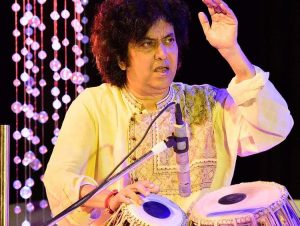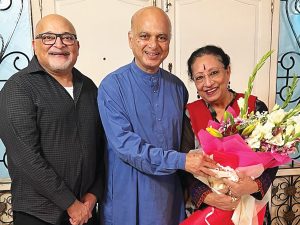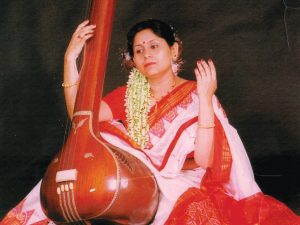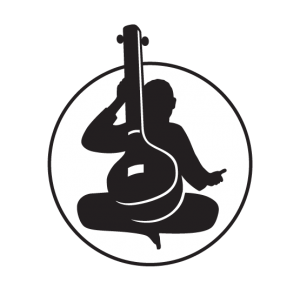
I Won’t Let The Virus Infect My Music
By ANDREW KAY
I’m sure that we all have the same thought in our heads…when will this pandemic finally be over?
It’s already been one and a half years of lockdowns and restrictions, all necessary precautions to protect and save the lives of those we love. We’ve lost access to our workplaces, schools, temples and almost every community space that we have relied on and cherished our entire lives.
This pandemic is probably the most significant shift in how we live day to day that anyone alive has ever experienced. Everyone has been challenged to adapt their lives and continue trying to do the things we love and are passionate about. Yet, depending on your status, job or position in society, some have done much better than others. Of course, this is not a new pattern due to the pandemic, but sadly it has been exacerbated by it.
Everyone knows that choosing an artistic lifestyle as a profession is not an easy path. You get to do what you are passionate about, but artistes, except for the stars, the top one percent, struggle to earn a living. We live in a culture that is greatly enriched by the arts (try and think about a GTA without them), and many people appreciate the importance of the arts in their lives, yet the fact that most artistes are not able to earn a living shows how our society does not adequately value and support the artiste.
For years now I’ve seen a pattern of how local and independent music venues are consistently having to close, while high-profile performers sell out concerts in huge, corporately-supported concert halls. So many of my peers have taken up mainstream careers to support their passion of playing music. There is absolutely nothing wrong with this, in fact it is a responsible and smart approach to living in this society.
However, what happens to the art and music if fewer musicians are actually able to pursue doing it to the highest level? My fear is that, without public and private institutional and corporate support, emerging contemporary and traditional forms of music from all around the world will slowly disappear, just as thousands of cultures and languages have already been lost in the name of globalization (read capitalism).
When musicians could no longer perform in public due to the pandemic lockdowns, so many looked to the digital online world as a way to reach their followers, yet too often there was very little support for ticketed programs, or no artiste honorariums, or no private funding to support the musicians who were performing.
In the realm of Indian classical music (ICM), some presenters and promoters created livestreaming concerts, and other pre-recorded concerts, with exclusive access through ticket sales. But I noticed that this opportunity only featured the top artistes in India.
Some of the artistes who I saw suffering the most were the mid-career artistes. They have spent the better part of their lives dedicated to their art form and developed professional relationships in the music industry, yet, suddenly there were no opportunities that could support them.
Out of confusion, lack of support, or even desperation, many musicians were left to create their own opportunities and were often relegated to perform for free if they wanted to perform at all. Some justified these free concerts in hopes that at the very least they would get some likes or followers on social media. During the lockdown, it wasn’t long before the internet was oversaturated with live-streaming concerts and even free concerts were regularly being under-attended.
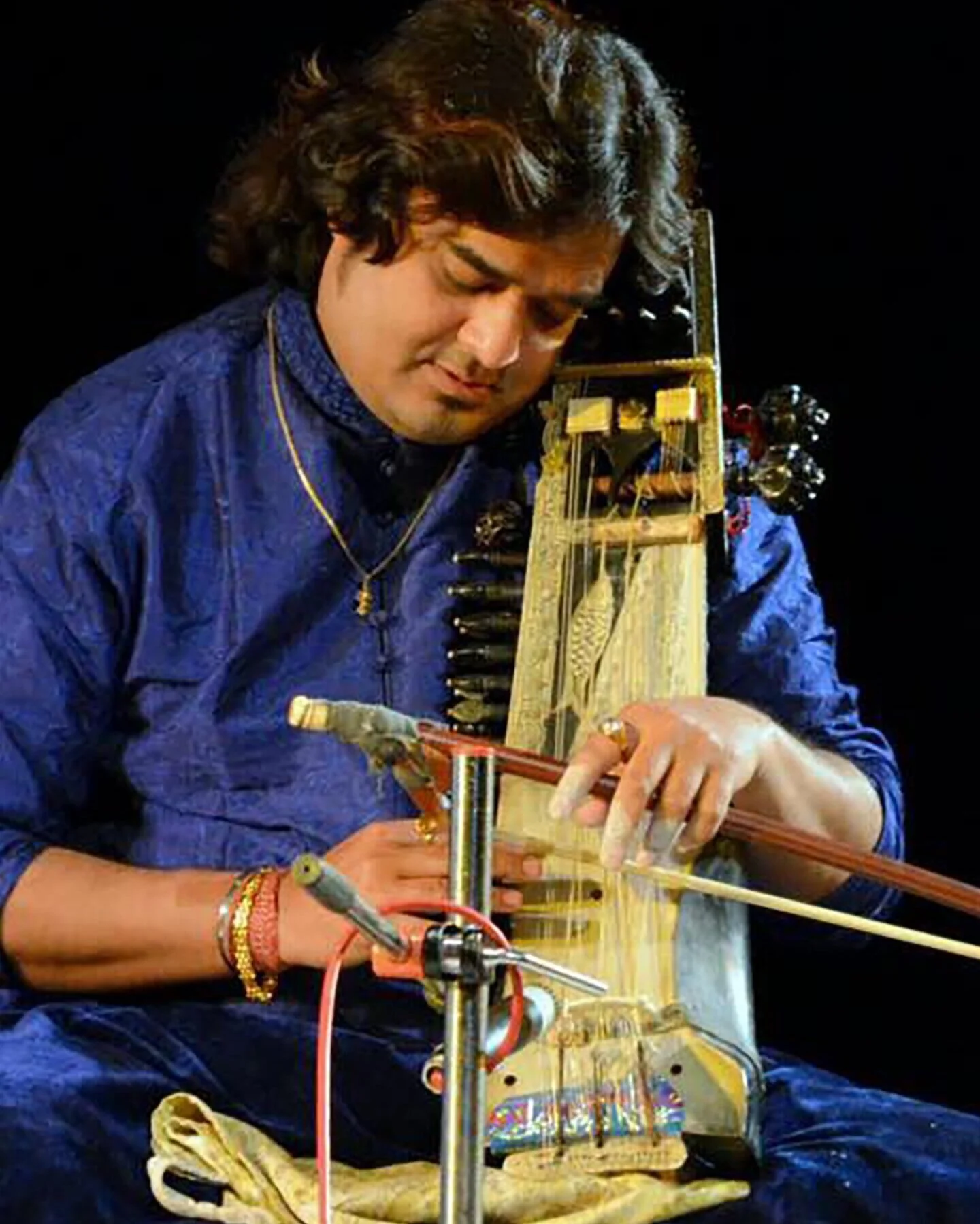
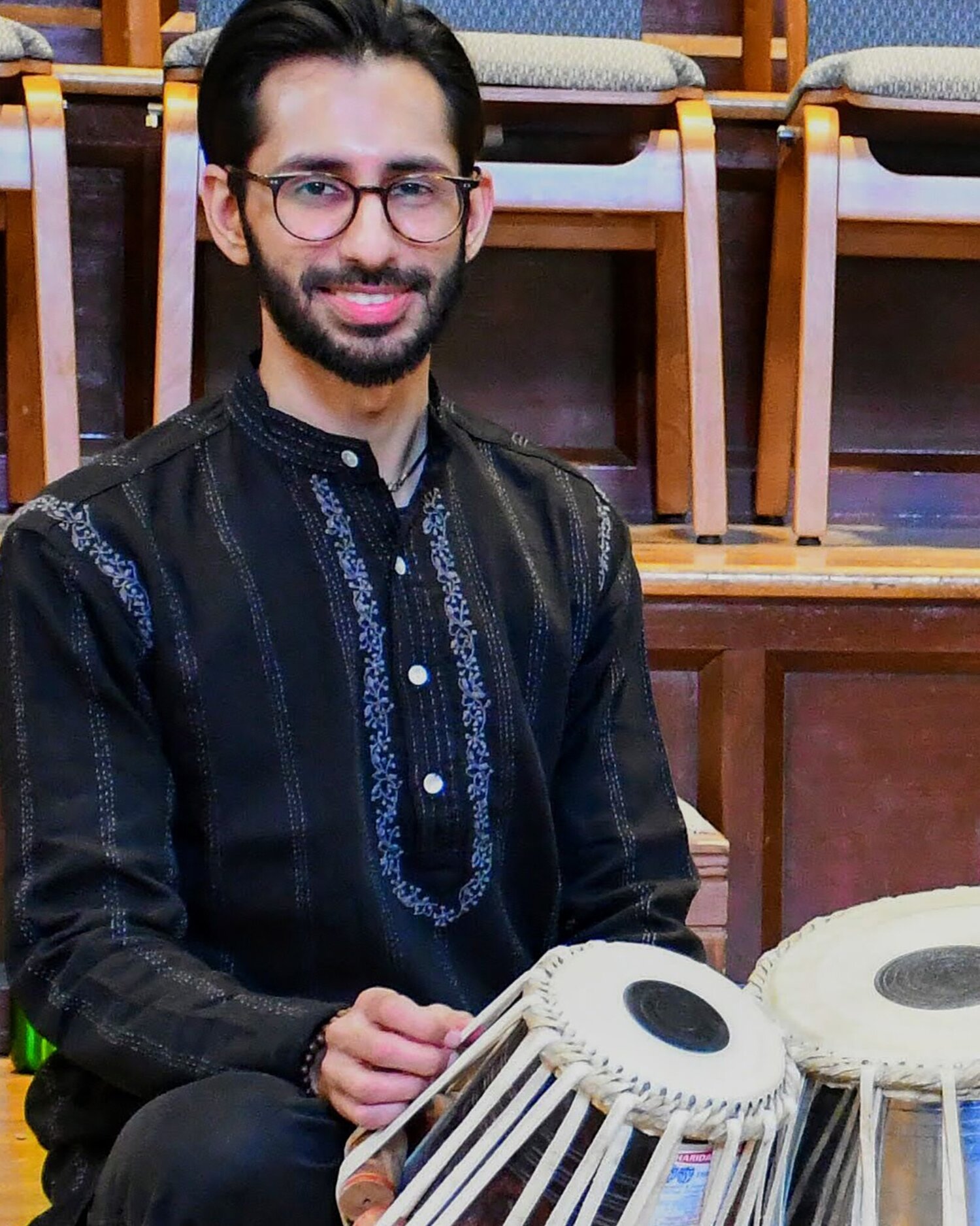
I’m sure everyone is more than eager to attend an in-person concert of one of their favourite artistes, and we all know the power of experiencing music live. I personally can’t wait to perform for an audience. It is increasingly clear that the future will be a hybrid between online and in-person concerts, workshops, and other events. Let us remember how important it is to collectively help support our artistic community both in-person locally, and online globally.
In this way we can look towards Canada’s premier presenter and promoter of ICM in Canada, Raag-Mala Toronto. Having a strong community of members, patrons and benefactors, Raag-Mala Toronto has been working hard to not only serve performances of the top musicians from India to their dedicated supporters, but also cultivate opportunities to support local artistes. Partnering with the Sarbari Roy Chowdhury Foundation (SRCF) in Kolkata, India, they will present two of the eight performances as a part of SRCF’s annual Music Festival.
These performances feature newcomers Arnab Chakrabarty and Pankaj Misra, as well as Canadian born artistes Andrew Kay and Zaheer-Abbas Janmohamed. The festival will be aired online in two time zones, IST and EDT, so that the ragas being presented can be listened to at the correct time of the day.
Pankaj and Andrew have also recorded a jugalbandi (duet), with Zaheer-Abbas Janmohamed accompanying on tabla, which will be presented as a Raag-Mala partnership presentation at Small World Music’s 25th anniversary 25 for 25 Festival.
Another project that Raag-Mala is involved in is a partnership with the Indian Consulate in Toronto. As part of the Consulate’s programming leading up to India’s 75 years of independence in August 2022, Raag-Mala will stream a discussion on how raag sangeet has been taking root in the increasingly culturally diverse GTA.
Manoshi Chatterjee will interview vocalist and teacher Narendra Datar and his student Samidha Joglekar, on their experience of learning classical music in India, as well as in Canada.
All the programs mentioned here are to be broadcast online in September and early October. Full details and information on ticketing and viewing is available at www.raagmala.ca. Please consider becoming a member, patron or benefactor of Raag-Mala Toronto to support Indian classical music here in the GTA and to help promote our local artistes around be heard around the globe.
• Andrew Kay is an Indo-Jazz and an Indian classical musician and teacher. He is on the Raag-Mala Toronto team. www.andrew-kay.ca
 Previous Post
Previous Post Next Post
Next Post